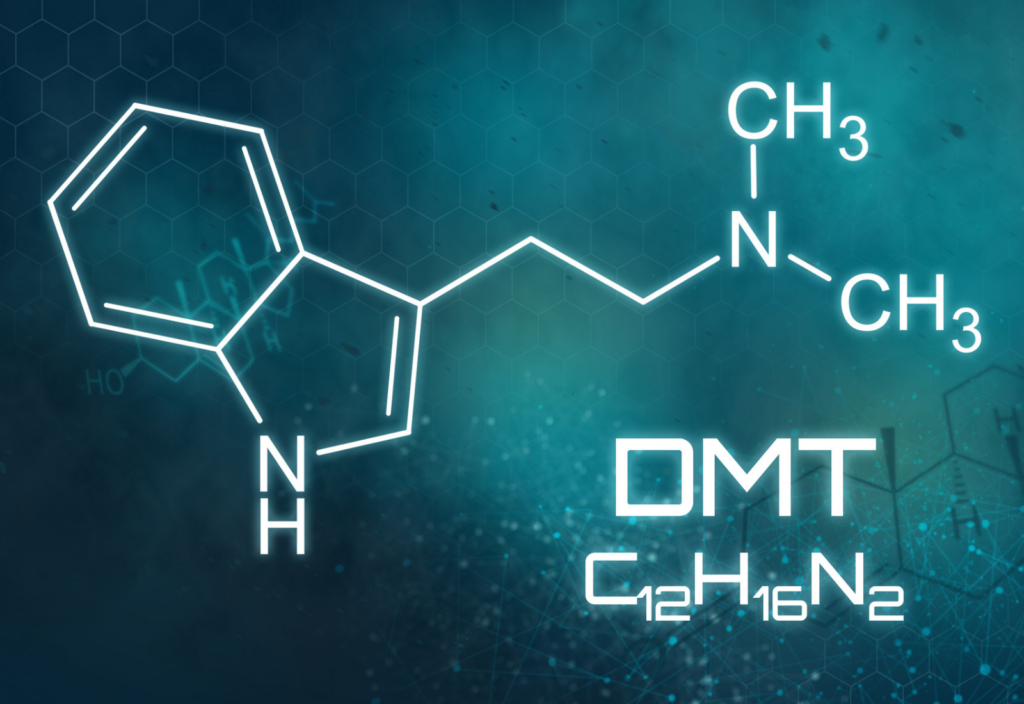Among the emerging medical uses for MDMA and psilocybin is their relative dimethyltryptamine (DMT). Although a Schedule I drug in the United States, DMT increasingly is the subject of study for its potential efficacy in treating a wide array of mental-health conditions including depression, anxiety, and PTSD. Much of this research is occurring outside of the United States by companies in the United Kingdom.
On March 20, 2023, the Guardian reported on new DMT research by scientists at the Imperial College London, published in the journal Proceedings of the National Academy of Sciences, that broadens our understanding of the “profound impact” of DMT across the brain. In this study, the college recruited 20 volunteers who agreed to 20 milligram injections of DMT and were studied using electroencephalography (EEG) and functional magnetic resonance imaging (fMRI) to record the participants’ brain activity.
The fMRI results “revealed robust increases in global functional connectivity (GFC), network disintegration and desegregation, and a compression of the principal cortical gradient under DMT.” In plainer language, the recordings revealed how DMT increases the fluidity and flexibility of the brain in areas connected to higher level functions such as imagination and dreaming.
The researches describe their findings as “just the beginning in cracking the question of how DMT works to alter consciousness so dramatically.” Let’s hope these and other studies lead to useful treatments, additional research, and an end to the criminalization of psychedelics. Findings such as these should make it increasingly difficult for the Drug Enforcement Administration, the Department of Health and Human Services, Congress and the Attorney General to continue to list DMT and related substances on schedule I of the Controlled Substances Act.
You can view the journal article here.

























